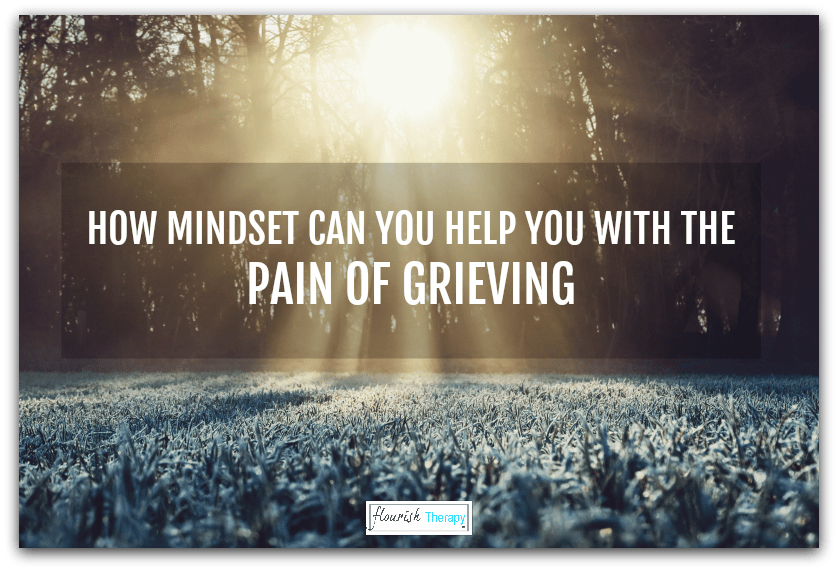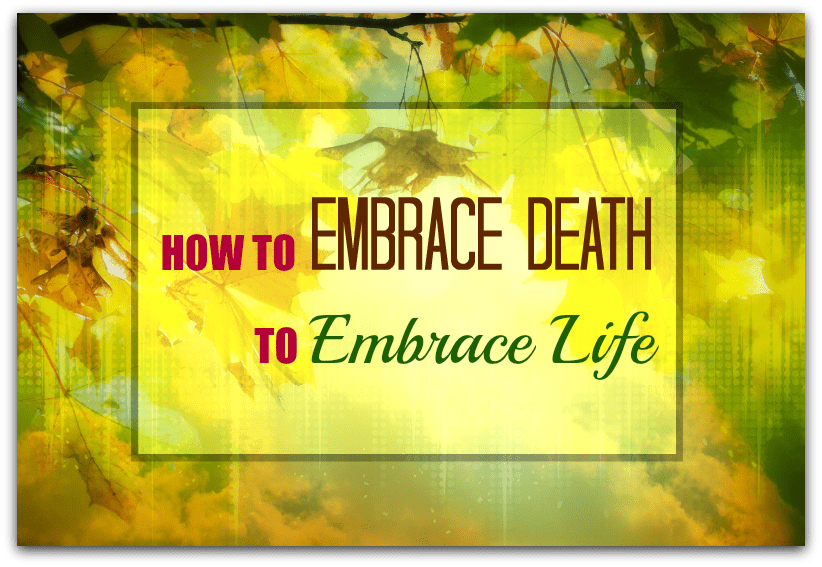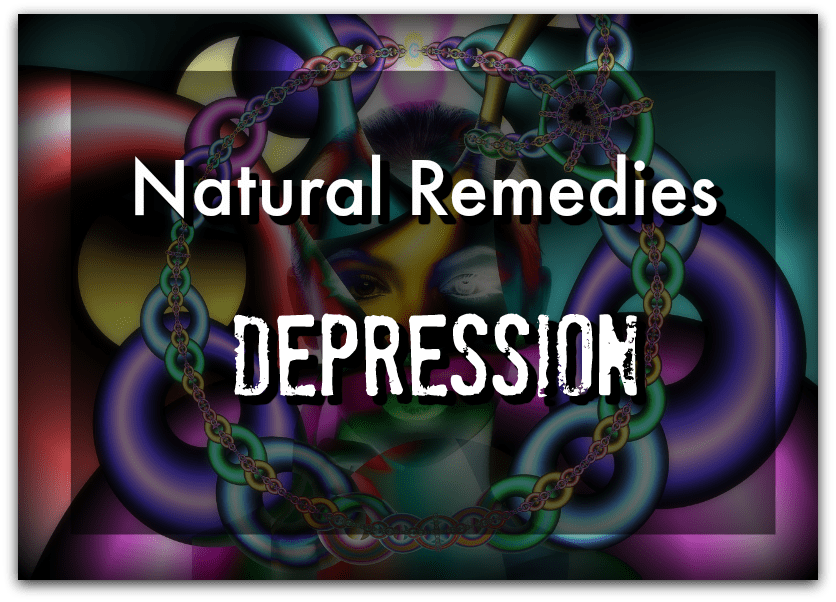How Mindset Can Help You Live With The Pain of Grieving
How Mindset Can Help You Live With The Pain of Grieving
A good friend of mine is grieving having recently lost his mother after a year-long battle with cancer and he is now faced with the unbearable pain of her loss. I lost my father to cancer more than a decade ago and still miss him like mad. How do you cope with the loss of someone so special, who you loved so much and who was your anchor in life?
Sometimes words simply fail to describe the oppressive sadness that comes with grieving for a loved one. I remember when my father died. I wanted to shout to the world to stop turning, to wait a few minutes and just acknowledge with me that one of the most special people in my life was no longer with me. But the world keeps turning and life goes on, even when you can’t bear to face the day that you know will follow the one you are currently living. Life goes on and most people have no idea of the pain that grips your insides and which tears your heart apart.
So how can we help ourselves cope with the unbearable pain of the loss of a loved one?
Grieving acknowledges your love
First of all, recognise that grieving is an important part of acknowledging your love for that person (or pet). Grief can be extremely powerful and envelope you in a cascade of emotions. You may feel entirely disabled by it, unable to face the outside world. You may lose your motivation to socialise with other people. You may want to hide away in a darkened room and ignore the rest of the world while you process your painful emotions. But remember, it’s ok and natural to cry. It’s ok that you’re not going to feel “normal” tomorrow.
Allow yourself to grieve
Grieving is the body’s natural way of releasing the pain and sadness of the loss of your loved one. If we deny ourselves the grieving process, we prevent ourselves from processing our loss and eventually moving on from it, as painful as that may seem. To try and avoid the grieving process will create pain that will surface further down the line, most likely having unnecessarily negatively affected other areas of your life in the process.
Grieve in the way that is right for you
Allow your grief to express itself in the way that is natural for you. Importantly, grief is entirely personal. When you’ve lost someone you love, allow yourself to grieve in your own way. Don’t expect to grieve in the same way as someone else. You are unique and your relationship with your loved one was unique. Be aware of your own needs and allow yourself to experience your grief in the way that feels right for you.
“The reality is that you will grieve forever. You will not ‘get over’ the loss of a loved one; you will learn to live with it. You will heal and you will rebuild yourself around the loss you have suffered. You will be whole again but you will never be the same. Nor should you be the same nor would you want to.” Elisabeth Kübler-Ross
Get to know your emotions
Get familiar with your emotions. Grief often brings with it a confusion of conflicting emotions such as sadness, regret and anger among others. Explore why you may be feeling these emotions. Were you unable to right past wrongs in time? Are you angry with that person for leaving you? Do you now wish you’d said those words you wanted to, but hadn’t dared to say in fear of crying or upsetting them?
None of us lives in a vacuum of a perfect life with perpetual harmony, so allow yourself to be human and acknowledge your emotions which are combined with the grief of your loss. Furthermore, feeling “negative” emotions does not make you a bad person – it makes you human.
Go easy on yourself
Don’t expect too much of yourself for the first few months after your loss. If you need to get back to work after two weeks of compassionate leave, but you’re not ready for it, talk to your employer. By opening up to your employer about your needs, he/she might be able to help support you. Wherever possible, make sure that you surround yourself with people who support you and who can help you recover in your own time.
Grieve at your own pace
Allow yourself to find your motivation for life in your own time. If it comes to you sooner than you think it should, don’t fight it. We all grieve at our own pace. When you feel your zest for life returning, allow your lost loved one to cheer you on in your life. Your loved one would want you to be moving forwards.
You are not alone
Know that you’re not alone. At the same moment that you are grieving, there are millions of people around the world feeling their own grief.
How would you want your loved ones to grieve for you?
Lastly, what would you say to your loved ones if you knew you were going to die in the next few days? You would want them to live lives that satisfied them, wouldn’t you? You would want their pain to pass naturally so they could move on in life despite your loss. So, try and live your life in honour of those who loved you and who have passed before you.
Learn to walk with their memory close to you at all times. When you move on from grief, it doesn’t mean you forget your loved one or feel less love for them. It just means you return to life in a functioning way – with their memory right beside you.
Grieving is a natural process. It’s necessary and is part of life. And none of us wants to experience it, because it hurts. It hurts badly, because you loved them so much. Grieving enables us to heal spiritually, physically and emotionally and one day you’ll gradually begin to feel your zest for life return.
What are your experiences of grieving for a lost loved one? Do you have any tips or strategies that you can add to the ones I mention above?
“You will lose someone you can’t live without, and your heart will be badly broken, and the bad news is that you never completely get over the loss of your beloved. But this is also the good news. They live forever in your broken heart that doesn’t seal back up. And you come through. It’s like having a broken leg that never heals perfectly—that still hurts when the weather gets cold, but you learn to dance with the limp.” Anne Lamott























